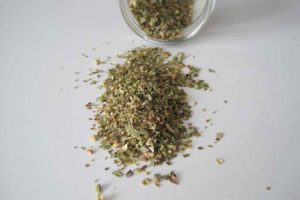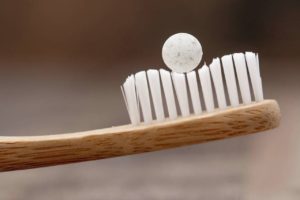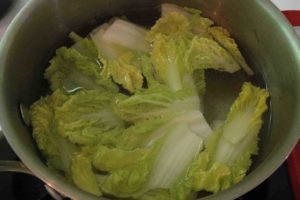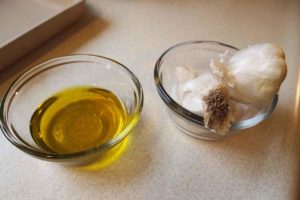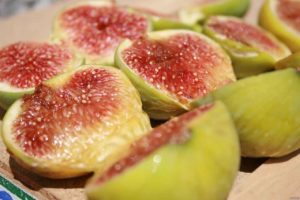In order to maintain healthy oral flora, many people also brush their tongue every day. But what are the consequences for the taste buds?
Some of you not only brush your teeth thoroughly but also include the tongue in your daily oral hygiene routine. Some use a toothbrush for this, while others purchase a tongue scraper. Many dentists recommend this additional cleaning because the tongue can trigger various tooth and gum diseases. After all, dead cells of the oral mucosa collect on its rough surface, as do food residues, which are usually visible as a white layer and provide an ideal breeding ground for bacteria.
Clean Breath, Strong Gums: Cleaning The Tongue Has Many Benefits
Brushing the tongue is said to have many benefits: Once the whitish layer is removed, the way is clear for good fresh breath, healthy teeth, and strong gums. But what about the sensitive taste buds? Are they affected? Recent studies have investigated the question and come to a clear conclusion: Tongue cleaning is actually good for the taste buds.
Thousands Of Taste Buds
Taste buds are generally known as the small pimples on our tongues. At the tip of these so-called papillae, there is an opening in which saliva and the food particles dissolved in it can reach the taste cells inside. With their help, we can determine exactly the taste of what we are eating and drinking.
There are thousands of these taste buds on our tongue. Since the receptor cells in each individual taste bud are regularly shed and new ones are created in their place, the taste buds work at peak performance from week to week. Using a tongue scraper on this surface could mean a delicate disruption, but the overall result is totally worth it.
With The Cleaning Of The Tongue There Is Also A New Taste Experience
As the British company “Advanced Dental” has found out, mechanical brushing is extremely useful, reports “healthdigest.com”. By removing unwanted bacteria from the surface of the tongue, one also removes the deposits that otherwise prevent the full spectrum of tastes. So, by cleaning the tongue, you can also taste better again.
But beware! Just as you can brush your teeth and your gums too hard, you have to be careful not to clean your tongue too roughly. In some cases, brushing with too much pressure can not only loosen the bacteria but actually push them further into the tongue ridges. This can damage the taste buds and, in rare cases, cause them to become inflamed.
Proper Tongue Brushing: Gently And Preferably After Brushing Your Teeth
To brush your tongue effectively, you should clean it twice a day, preferably after brushing your teeth. Whether you use a toothbrush, a scraper, or a tongue brush to clean your tongue is a matter of taste. But you should keep in mind that a toothbrush can cause a gag reflex if you get too deep into the throat.
Start cleaning at the back of the tongue and then gently sweep forward to the tip. Lateral movements from left to right and vice versa are also beneficial so that one hits the papillae from all angles. In the end, rinse your mouth thoroughly. After a short time, you can feel an improvement in the sense of taste.
Read More:
⇛ Things You Need To Know About Bad Breath
⇛ Why You Should Never Use Sunscreen From Last Year
⇛ Why Binge Watching Is A Serious Risk To Your Health


